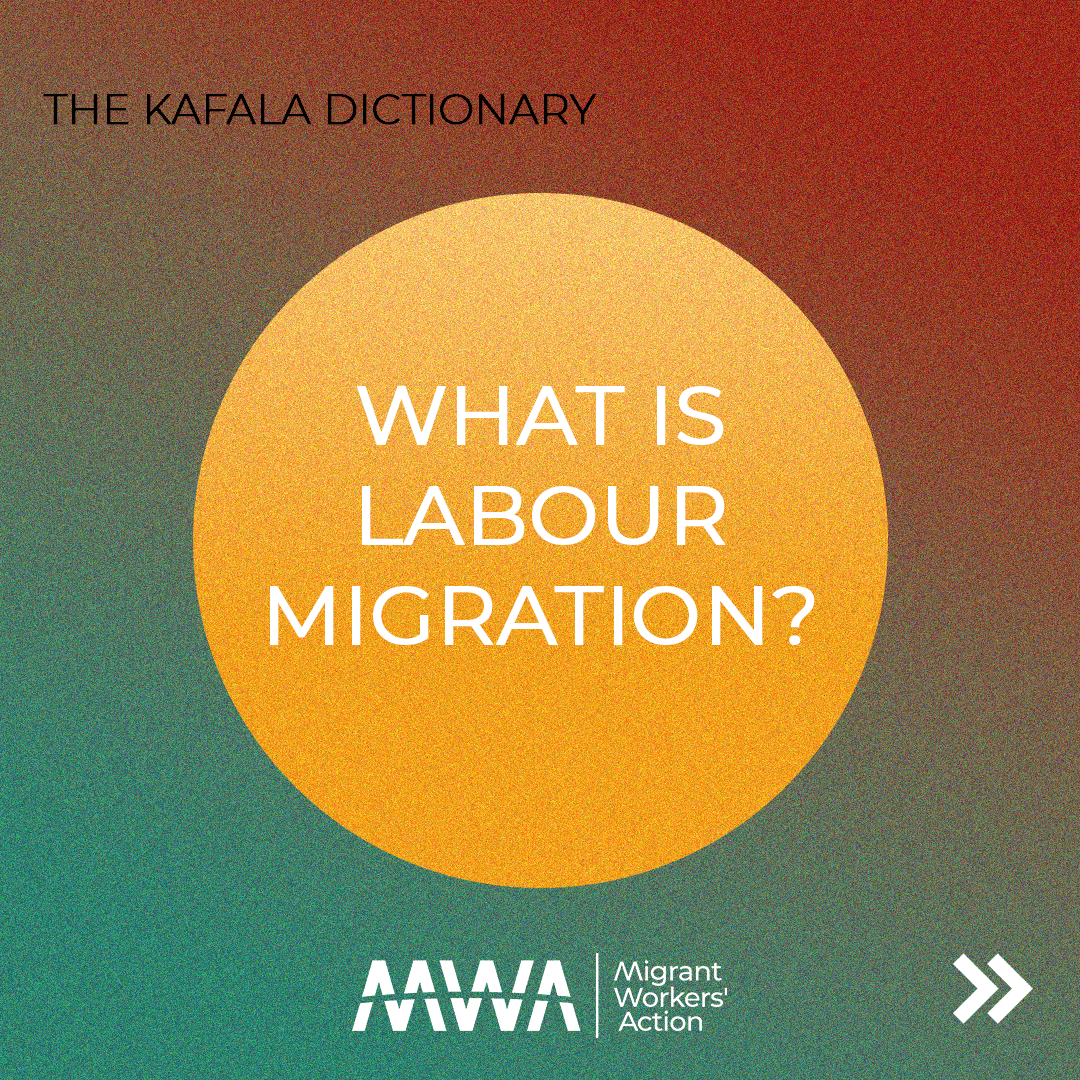Labour migration is defined as the movement of persons from one state to another, or within their own country of residence, for the purpose of employment. Employment is one of the primary drivers of contemporary migration. It can involve paid employment or self-employment, and it can occur on a temporary or longer-term basis. As many as 169 million international migrants were either employed or seeking employment in a country of destination, accounting for 62 per cent of international migrants worldwide.
Source: International Organisation for Migration
In theory, the migration of workers from countries in Sub-Saharan Africa and South-East Asia to Lebanon falls under the definition of Labour Migration. However, due to the exclusion of migrant workers from Lebanese Labour Law and the Kafala’s system being based on restrictive private sponsorship by employers, its practice doesn’t fulfil the international legal standards of protection of migrant workers. The movement towards the abolition of the Kafala system doesn’t imply the prevention of labour migration but rather intends to provide government regulations and oversight according to labour and migration standards of international law. As long as the system continues to exist under its current set-up, it should be considered as state-sponsored labour exploitation enabling modern-day slavery and human trafficking.




